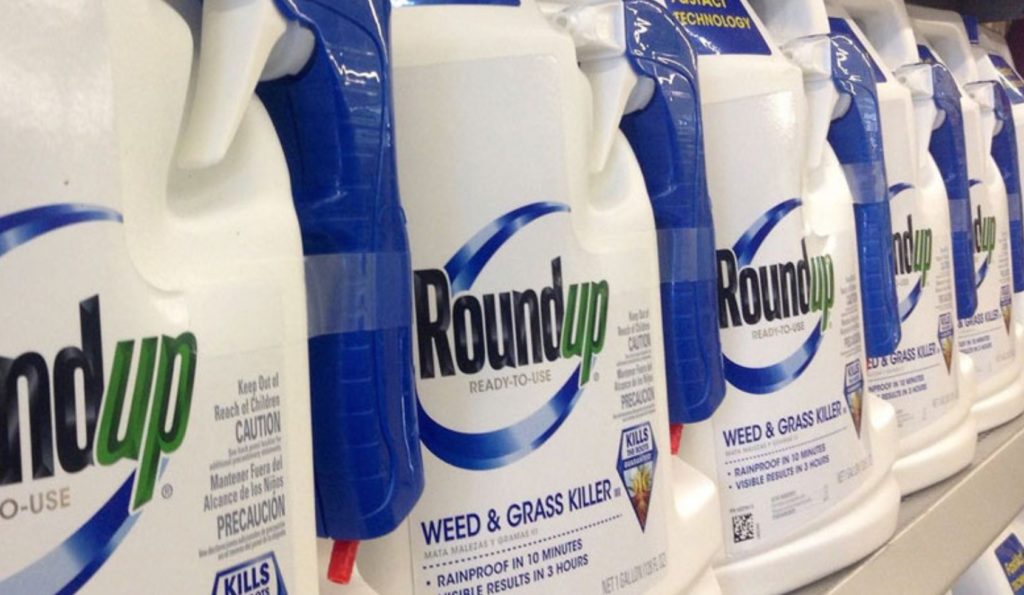The Assessment Group on Glyphosate (AGG) finished its analysis of the substance glyphosate, an active ingredient in many household weed-killing products that has been banned in Belgium since 2018.
“The herbicide glyphosate cannot be classified as carcinogenic,” the AGG concluded.
The AGG - which is composed of authorisation authorities from the Netherlands, France, Hungary and Sweden - was created by the European Commission to assess the active substance glyphosate on the basis of existing scientific knowledge.
According to the Flemish infocentre for agriculture and horticulture (VILT), authorities from the four countries looked at 11,000 pages of available data on glyphosate, and the report they published can be used to reauthorise the substance's use, which could potentially prompt countries with bans on the substance to consider reversing them.
“The drug can cause serious eye damage, but is not carcinogenic, has no effect on germ cells and does not affect reproduction,” the AGG stated in its report.
“Overall, the AGG concludes that glyphosate meets the approval criteria for human health.”
When glyphosate was banned in Belgium a few years ago, producers of popular weed-killers had to reformulate, resulting in weak and often ineffective eco-friendly options.
Now, there’s a chance the old formulas could return.
“The conclusions of the AGG are in line with the conclusions of leading health authorities around the world,” said the chemistry company Bayer.
“For more than 40 years, leading health authorities have repeatedly concluded that glyphosate-based products are safe for use according to label instructions and that glyphosate is not carcinogenic.”
But the assessment wasn’t able to address all concerns related to glyphosate’s effect on the environment.
“Several points still need to be clarified,” the report reads.
“Reliable field dissipation/degradation rates could not be determined for the metabolite AMPA and this is identified as a data gap. Nevertheless, the information available is suitable to determine predicted estimated concentrations in all relevant compartments for all representative uses.”
The report said that results from public monitoring programs were taken into account, but requested updated concentrations of glyphosate for groundwater, surface water and sediment compartments.
As a next step, the European Food Safety Authority (EFSA) and the European Chemicals Agency (ECHA) must further assess the authorisation of glyphosate in the EU.
Stakeholders can still provide feedback during a window for comments scheduled for September and October.
EPSA will deliver a conclusion that will serve as the basis for a decision by the Commission and all Member States regarding the reauthorisation of glyphosate.
This may eventually - but not before the end of 2022 - lead to a lifting of the ban on glyphosate in the countries that chose to implement one.

